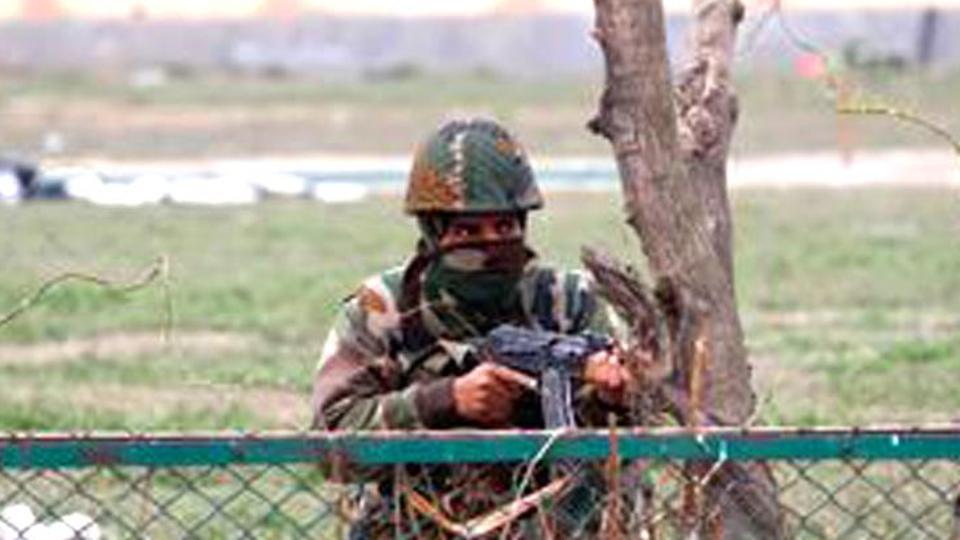
The Armed Forces Special Powers Act (AFSPA) has been extended for another six months in Nagaland.
“The Union home ministry, in a notification on December 30, extended the Armed Forces (Special Powers) Act 1958, in the entire area of Nagaland for another six months,” a Nagaland home department official said.
The notification issued by the home ministry’s joint secretary Satyendra Garg said the Centre was of the opinion that the area comprising the state of Nagaland was in such a “disturbed and dangerous condition that the use of armed forces in aid of the civil power is necessary”.
Rights groups, various civil societies and political parties, especially the tribal-based parties in Northeastern states, described the law as “draconian” and have been demanding its withdrawal as the act gave huge powers to the army and para-military forces to conduct operations anywhere in the disturbed areas without any prior notice.
The AFSPA is also in force in Manipur (excluding the Imphal municipal council area), some parts of Assam and in several districts of Arunachal Pradesh.
Manipur’s Irom Sharmila Chanu was on hunger strike since 2000 demanding the repeal of the Act but withdrew the strike in August, 2016.
The Left-ruled Tripura in May, 2015 withdrew the AFSPA which gave sweeping powers and judicial immunity to security forces in conflict-hit areas. The law was enforced in the state 19 years ago to curb terrorism.
The central government, various political parties, including the Bharatiya Janata Party and the Congress hailed the Tripura government’s decision.
The Centre and the National Socialist Council of Nagaland (Isak-Muivah) had entered into a ceasefire agreement in August, 1997. Around 60 rounds of talks were held to end the insurgency that was said to have claimed 25,000 lives since 1947.
The central government had also appointed interlocutor RN Ravi to continue the peace process with the NSCN (IM). The NSCN (IM) has been fighting for an independent Nagaland for over six decades. But since the peace talks began, it has scaled down the demand to a “Greater Nagaland”, including parts of three neighbouring states to unite areas inhabited by around 1.5 million Nagas.
Three Northeastern states — Assam, Manipur and Arunachal Pradesh — have opposed the demand.
Source: Hindustan Times


